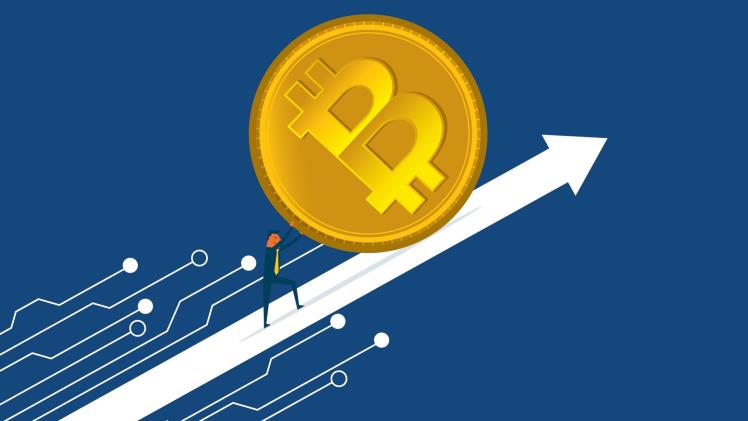Blockchain technology has revolutionized various industries, offering decentralized solutions that enhance transparency, security, and trust. In the realm of color prediction games, blockchain integration is poised to reshape the landscape by introducing verifiable fairness, secure transactions, and decentralized governance. As developers explore new ways to improve user experience, blockchain’s impact on prediction-based gaming continues to grow.
Enhancing Transparency and Fairness
One of the most significant advantages of blockchain in color prediction games is its ability to ensure fairness. Traditional gaming platforms rely on centralized algorithms, leaving players uncertain about the integrity of outcomes. Blockchain technology introduces provably fair systems, where every game result is recorded on an immutable ledger. Players can verify the authenticity of predictions, eliminating concerns about manipulation or biased algorithms.
Smart contracts further reinforce fairness by automating game mechanics. These self-executing contracts ensure that payouts, rewards, and game rules are enforced without human intervention. By leveraging blockchain’s decentralized nature, prediction games can maintain credibility and foster trust among users.
Securing Transactions and Player Funds
Blockchain technology enhances financial security by providing tamper-proof transactions. Traditional payment systems often involve intermediaries, leading to delays and potential fraud risks. Blockchain-based payment solutions enable instant deposits and withdrawals, ensuring seamless financial interactions.
Cryptographic encryption safeguards player funds, preventing unauthorized access or fraudulent activities. Additionally, decentralized wallets allow users to maintain control over their assets, reducing reliance on third-party financial institutions. This level of security strengthens confidence in color prediction platforms, attracting a broader audience.
Decentralized Governance and Player Participation
Blockchain empowers players by introducing decentralized governance models. Unlike traditional gaming platforms, where developers dictate rules and policies, blockchain-based prediction games allow users to participate in decision-making processes. Through blockchain-based voting mechanisms, players can influence game updates, payout structures, and platform improvements.
Decentralized governance fosters inclusivity, ensuring that gaming ecosystems reflect the interests of all stakeholders. This approach reduces monopolistic control, promoting diversity and innovation within the industry. Players feel more engaged when they have a say in shaping the future of their gaming experience.
Cross-Border Accessibility and Digital Assets
Blockchain technology facilitates cross-border transactions, enabling players from different regions to participate in color prediction games without currency restrictions. Traditional banking systems often impose limitations on international transactions, but blockchain eliminates these barriers by supporting digital currencies and token-based exchanges.
Additionally, blockchain enables true ownership of in-game assets through non-fungible tokens (NFTs). Players can acquire unique digital items, trade them across platforms, or use them in multiple games. This innovation enhances player engagement and introduces new monetization opportunities for developers.
Challenges and Considerations
Despite its advantages, blockchain integration in color prediction games presents challenges. Regulatory compliance remains a key concern, as governments impose varying restrictions on blockchain-based gaming. Developers must navigate legal frameworks to ensure adherence to gambling laws and financial regulations.
Scalability is another consideration, as blockchain networks must handle high transaction volumes efficiently. Optimizing blockchain infrastructure ensures smooth gameplay experiences without delays or congestion. Developers must also educate players about blockchain mechanics, ensuring accessibility for users unfamiliar with decentralized technology.
Future Innovations in Blockchain-Based Prediction Games
As blockchain technology evolves, prediction games will continue to benefit from advancements in AI-driven personalization, enhanced security protocols, and interoperable gaming ecosystems. Developers will explore new ways to integrate blockchain seamlessly, refining user experiences while maintaining transparency and fairness.
The fusion of blockchain with emerging technologies, such as augmented reality and machine learning, will redefine prediction-based gaming. Players can expect more interactive, secure, and engaging platforms like Goa games login that leverage blockchain’s capabilities to create immersive experiences.
Conclusion
Blockchain technology is set to transform color prediction games by enhancing transparency, securing transactions, enabling decentralized governance, and facilitating cross-border accessibility. While challenges exist, the potential benefits outweigh the obstacles, paving the way for a more trustworthy and innovative gaming ecosystem. As developers embrace blockchain integration, the future of prediction-based gaming will continue to evolve, offering players a secure and engaging experience.

